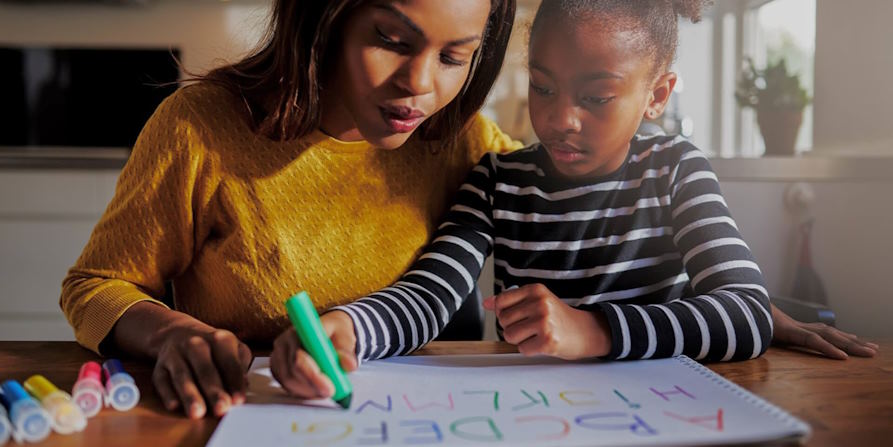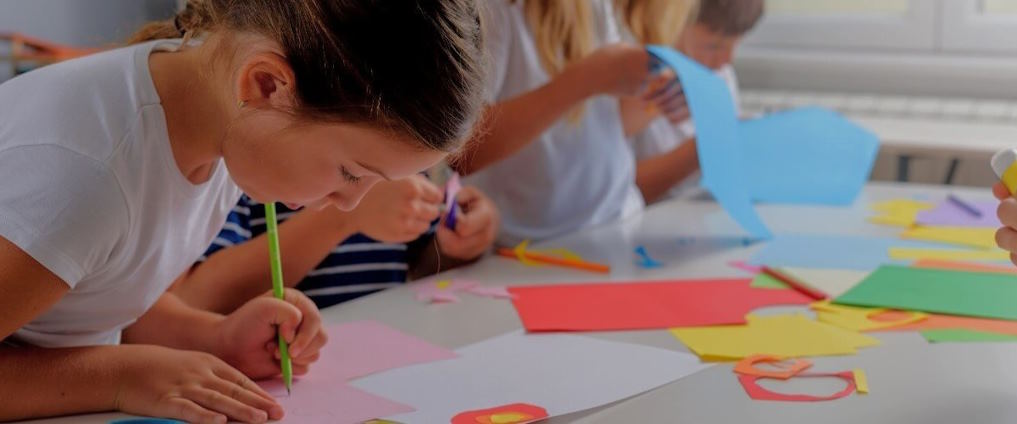The Art of Learning: Crafting and Skill Development

Crafting is a delightful and creative endeavor that not only results in beautiful creations but also serves as a potent tool for learning and skill development. From simple do-it-yourself (DIY) projects to intricate artisan crafts, crafting engages both the mind and the hands, fostering a wide range of skills. In this article, we’ll explore how crafting can be an educational journey and provide examples of skills that can be honed through different DIY projects.
Crafting as an Educational Pursuit
Fine Motor Skills
Crafting often involves intricate handwork, such as cutting, threading, and painting fine details. These actions enhance fine motor skills, which are essential for writing, typing, and manipulating objects precisely.
Problem-Solving
Many DIY projects require creative problem-solving whether figuring out how to assemble a piece of furniture or finding an innovative solution to an unexpected challenge in your craft project, crafting nurtures your problem-solving abilities.
Patience and Perseverance
Crafting can test patience, particularly when a project doesn’t go as planned. Learning to troubleshoot issues, adjust your approach, and persist in the face of challenges is an invaluable life skill that crafting can instill.
Math and Measurement
Numerous crafts involve precise measurements and calculations. Be it woodworking, sewing, or even paper crafting, the need for accurate measurements sharpens your math skills and understanding of dimensions.

Skill Development Through Crafting
Sewing and Textile Crafts
- Sewing: Sewing projects require precision, patience, and hand-eye coordination. You’ll also learn to read and follow patterns, enhancing your attention to detail.
- Knitting and Crocheting: These crafts promote focus, mathematical thinking (counting stitches and rows), and the ability to decipher and follow intricate instructions.
Woodworking and Carpentry
- Measurements: Woodworking demands precise measurements, improving your math skills, developing spatial reasoning, and an understanding of proportions.
- Problem-Solving: When faced with design or construction challenges, woodworking fosters problem-solving skills, encouraging you to think critically and creatively.
Painting and Drawing
- Fine Motor Skills: Engaging in painting and drawing hones fine motor skills and encourages a keen eye for detail.
- Observation: Learning to observe and replicate details in your artwork nurtures your observational skills, which can be applied to various contexts.
Home Improvement and DIY
- Basic Construction Skills: DIY home improvement projects introduce you to fundamental construction skills, from power tools to plumbing.
- Planning and Organization: You’ll acquire project planning and organizational skills, including budgeting, scheduling, and resource management.
Paper Crafting
- Precision: Paper crafting demands precision in cutting, folding, and gluing, improving fine motor skills and attention to detail.
- Design Sense: Whether crafting greeting cards, scrapbooking, or paper art, paper crafting enhances your design sensibilities and creativity.

 Get to know Leslie Grosso, our insightful author. Drawing from her diverse experiences, she weaves compelling tales that resonate with women of all walks of life, offering wisdom, empathy, and inspiration.
Get to know Leslie Grosso, our insightful author. Drawing from her diverse experiences, she weaves compelling tales that resonate with women of all walks of life, offering wisdom, empathy, and inspiration.